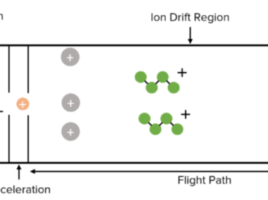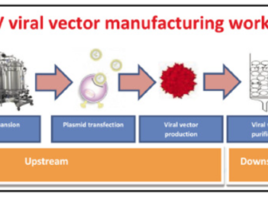An Introduction to Solid Phase Extraction (SPE)
Analytical scientists utilise a range of sample preparation tools to aid their method development, how they approach this challenge can significantly impact their success.
Solid Phase Extraction (SPE) is a type of sample preparation technology that uses solid particle and chromatographic packing material to chemically separate the different components of a sample.
Samples are usually in a liquid state and are run through stationary phase particles in a cartridge. The chromatographic bed can be used to selectively remove interferences to ensure subsequent analytical testing is more successful.
Liquid-Solid Phase Extraction carries the same basic principles of liquid chromatography used in HPLC, but for different reasons. In SPE, chromatography is used to prepare a sample prior to analytical testing.
Samples used in SPE can originate from a wide range of sources. They can be biological fluids (eg. Plasma, saliva, urine), food products (eg. Grain and meat), environmental samples (eg. Water, air, soil), pharmaceuticals, beverages or industrial products.
There are numerous benefits to using SPE:
- The procedure can simplify a complex sample matrix and aid in purifying the compound. If there are a large number of interfering constituents or substances in the sample matrix, it makes analysis extremely difficult.
- SPE can reduce ion suppression or enhancement in MS applications. With an appropriate method this effect will be minimised by cleaning the interferences from the compound, resulting in a more accurate reported value.
- It has the ability to fractionate a sample matrix to allow analysis of compounds by class. If a sample contains many compounds, separating them by class can be useful so that further analysis can be carried out much more efficiently.
- SPE allows better analysis of trace concentration of very low level compounds. The chromatographic packing material has retention capabilities which allow the ability to trace concentrate. This would be very difficult with other sample preparation techniques.


